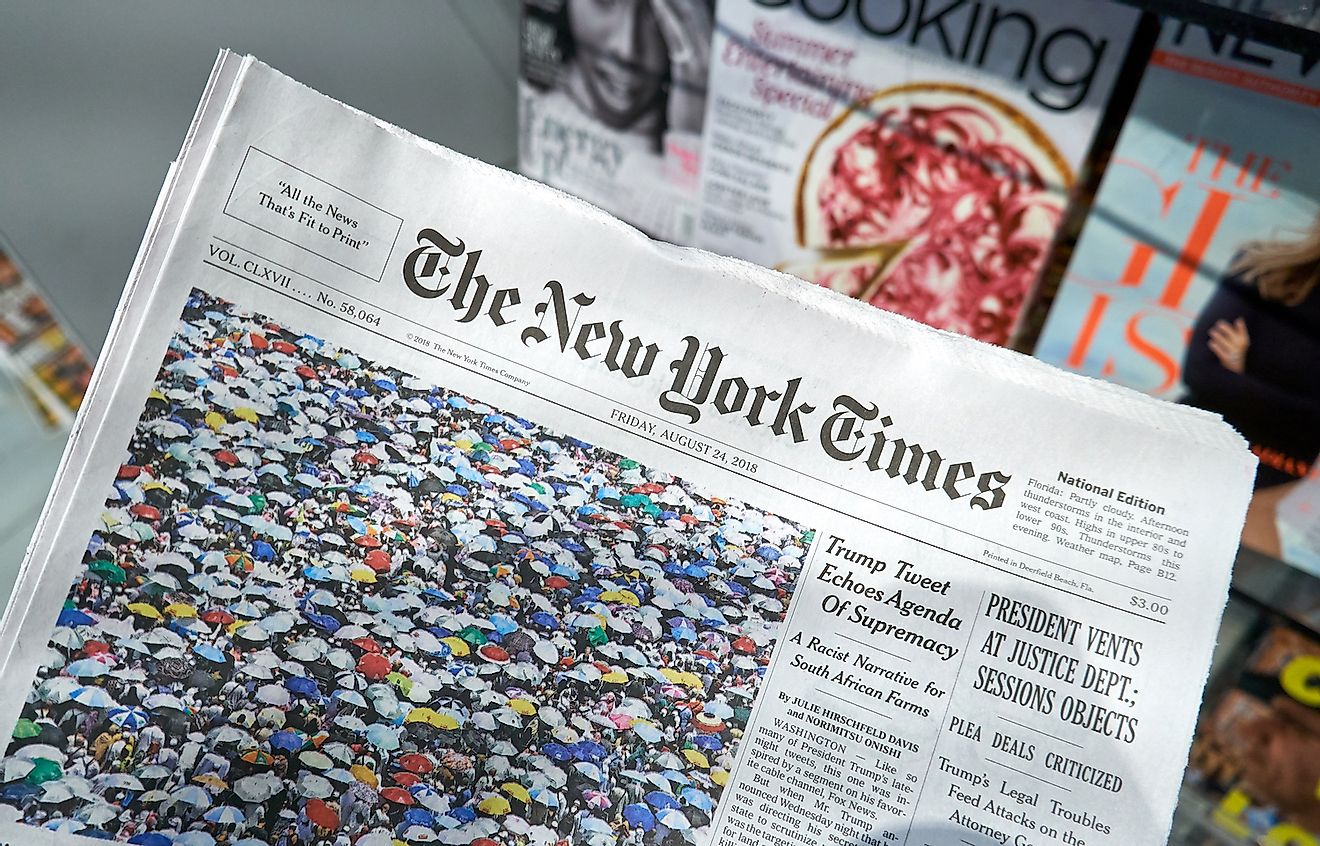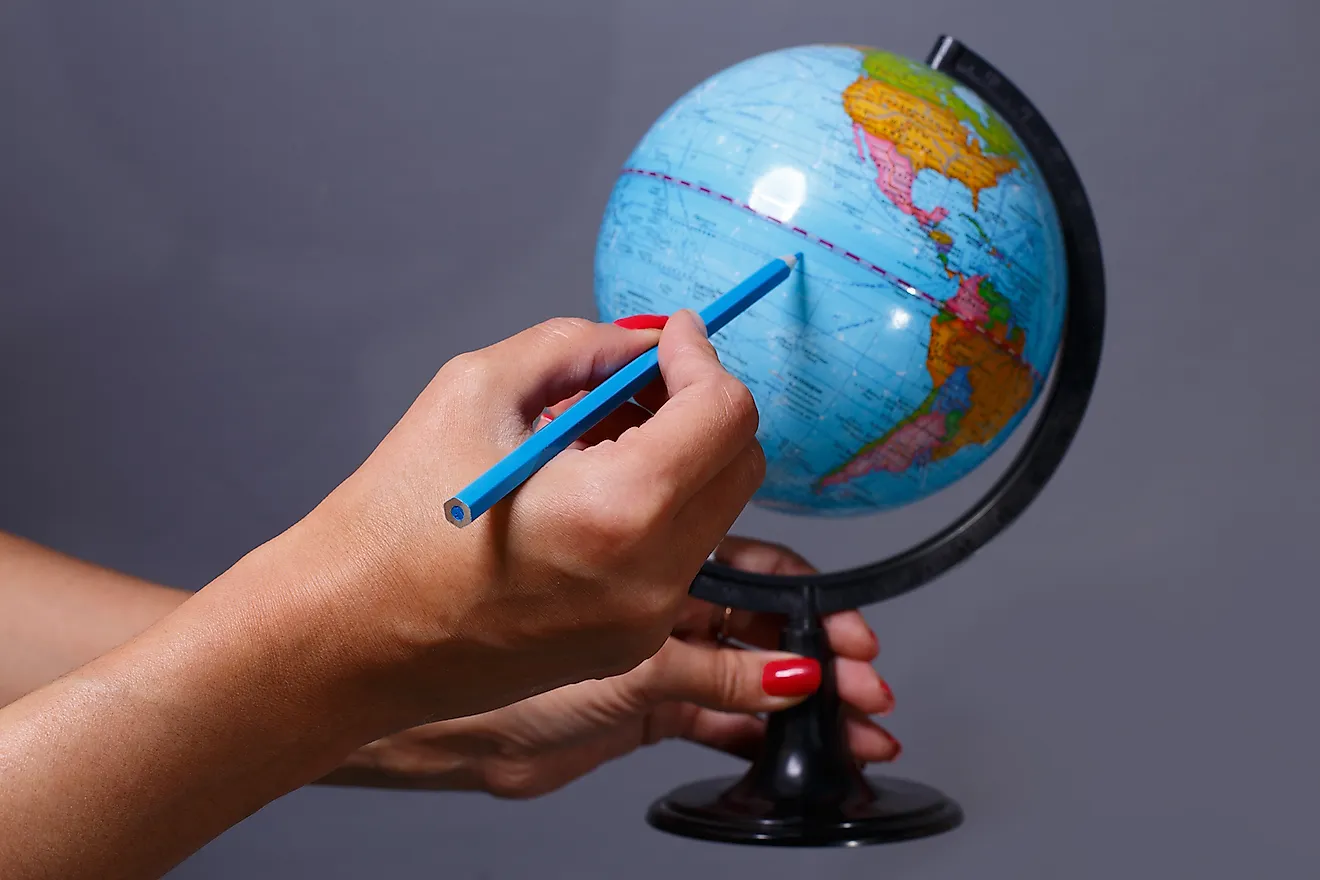How Does Culture Affect Religion?

- Karl Marx, although his words are often misinterpreted, said that religion can act like opium to people. In his context, that means that people will miss out on the class differences and oppression that are inherent in a (capitalist) society.
- Probably the most important book that explains the connection between religious beliefs and the emergence of modern capitalism is ‘’The Protestant Ethic and the Spirit of Capitalism’’ written by a German sociologist Max Weber.
- Unlike most of the other religions, Buddhism is the one that dismantles the idea of transcendence, and it does not offer a chance for redemption (like, e.g., Christianity) once you die. Being (meaning, living) in the present is the critical component of Buddhistic beliefs.
When we talk about culture and how it affects the religious beliefs of people, it is extremely hard to draw a hard line between these two aspects that define the human experience. The interplay between culture and religion never stops, and the two are continually influencing one another in many ways.
The Culture-Religion Connection
One thing that we can quickly start to deconstruct to explain this complicated relationship is a view where cultural phenomenons are described as something tangible, if not even material. Religion, on the other hand, is often viewed as something that is ‘’beyond material’’, or better to say, something that speaks of transcendence. However, as soon as we start defining the always escaping notion of the term ‘’culture’’ we can see how religious questions are embedded into this concept.
Culture is, to explain it without reaching absurd levels of simplicity, something that shapes our moral beliefs and values. Those values are the driving forces that continue to direct and modify the person’s behavior. If a person knows what is wrong and what is right, that knowledge is not something that exists as an intrinsic value of each human being. Humans are not born with a developed sense of what can or can not be done or said within a society where he/she is born. Now, imagine how this translates to religious beliefs.
Cultural Diversity = Religious Diversity?
In most cases, the religious beliefs are inherited, either directly from the people that raised you or from the society that already has, and let us use this word bravely now, an established dominant religion. One very prominent discursive tension is apparent in almost any religion, and that is the constant drive towards purity. However, those religious tensions are immediately exposed to the fact that there are more than 4,200 different religions that exist in the world today. And what does this fact tell us?
Well, all of the different regions and the nations that occupy different areas of the planet have their own twist on religious dogmas. Just the fact that not everyone approaches them the same, and yet they claim to be the ultimate truth, directs us nowhere else but to believe how the link between culture and religion can not be broken.
Shiny Happy People (Of God)
If we try to compare what could be the purpose of either culture or religion, we can see how much the answers to these questions are similar for both. Culture, by establishing a standardized set of norms and values, has the idea of a perfect society in focus. Although one could argue that it is a state of utopia, you can imagine how the world would look like if everyone followed the same rules - a world full of happy people, maybe?
At the same time, we can not but agree that most of the religious views advocate the same discourse, or at least share their methods on how happiness can be achieved. A lot of it revolves around the idea of an afterlife, a stasis our soul will transcend into if we live a life that obeys certain religious practices.











